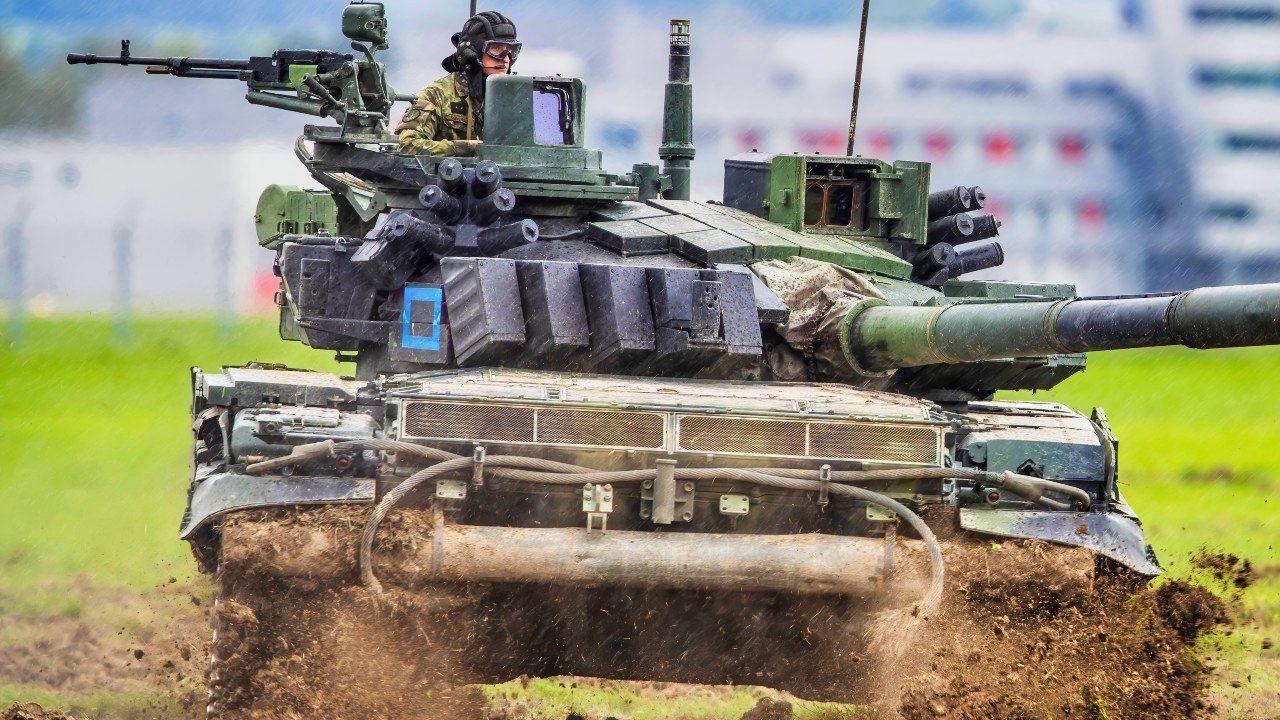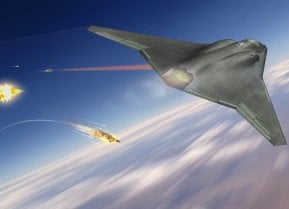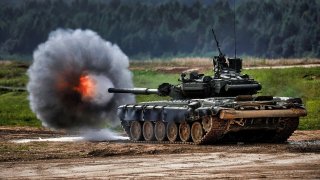Putin Has Already Lost the Battle of Kursk
For Ukraine, a full victory is territorial integrity within the original internationally recognized borders established in 1991 and membership in NATO. This should also be a long-term plan for the West, as it is the only way to prevent Putin from striking elsewhere in the future.
Ukraine’s Bold Kursk Offensive: A Turning Point in the War?: The Ukraine war is not only about military power but also about political will and symbols. In February 2022, the Russian Federation expected to crush Ukraine within a handful of days, Putin and his elite circle were confident that Ukraine would collapse. This scenario did not happen in particular because of the historic decisions of President Zelenskyy showing grit and not leaving his country when it was being invaded. In his words, “I need ammunition, not a ride.”

Two and half years after the beginning of this conflict, the situation looked bleak for Ukraine. Now, the Russians are progressing slowly in the Donbas, and Western aid may become more scarce and the results of the upcoming U.S. elections are more than uncertain. Ukraine is also under growing pressure to find a peaceful solution to the conflict.
In that context, Ukrainians launched a surprising offensive against Russia in the Kursk region, taking control of some 1,000 kilometers of the Russian homeland. This operation was a sign that Ukraine was willing not only to defend itself but pack a powerful, offensive punch.
After This, What would “peace” with Russia Mean?
It could begin with formally giving up control over the four regions claimed by Russia during the war: Donetsk, Luhansk, Kherson, and Zaporizhia, not to mention Crimea, which was snatched from Ukraine in 2014. This war, this feud between Russia and the states they see as easy prey, will not end quickly. Kursk is not a token in the upcoming peace talks, it is a symbol of the effectiveness of Ukraine’s resistance and its will to fight.
Second, the Ukrainian operation shows a growing weakness of the Russian state. In 2000, just as Putin came to power, the Russian navy lost The Kursk submarine with more than a hundred crew on board. All of them died. Kremlin officials did nothing to save them. To prove the point, last year, the infamous Wagner group launched a march on Moscow, lasting less than 24 hours. As of this writing, Ukrainians have been on Russian territory for more than three weeks. Russia, once again, seems powerless.
It is unable to protect its people, like in the Dubrovka theater in 2002 or the Beslan school in 2004. Putin has become the first Soviet/Russian leader since Stalin who allowed the enemy to occupy part of the country.
In Smolensk, a city along the western border of Russia and Belarus there is a monument, which proudly states, “This city was occupied by the Poles in the 17th century, the French in the 19th century, and the Germans in the 20th century.” Will they put a similar one in the Kursk region?
“This city was occupied by the Ukrainians in the 21st century.”
Third, the Kursk offensive is proof that the Russian-Ukrainian war will not stop surprising us, even if the term “surprise” does not seem fully adequate here. After the defense of Kyiv, the atrocities of Bucha and Mariupol, the explosions of Nord Stream One and Two, the destruction of Kakhovka Dam, the rebellion of the Wagner group, and now we are witnessing the Ukrainian incursion into Russian territory. What else can we expect? The destruction of the Kursk nuclear power plant? Belorussian full-scale involvement in the war? Russian attacks against Ukraine’s Western allies?

For Ukraine, a full victory is territorial integrity within the original internationally recognized borders established in 1991 and membership in NATO. This should also be a long-term plan for the West, as it is the only way to prevent Putin from striking elsewhere in the future.
About the Author:
Andrzej Szeptycki is an associate professor at the Faculty of Political Science and International Studies of Warsaw and the deputy minister of science and higher education in Poland.
Image Credit: Creative Commons and/or Shutterstock.


